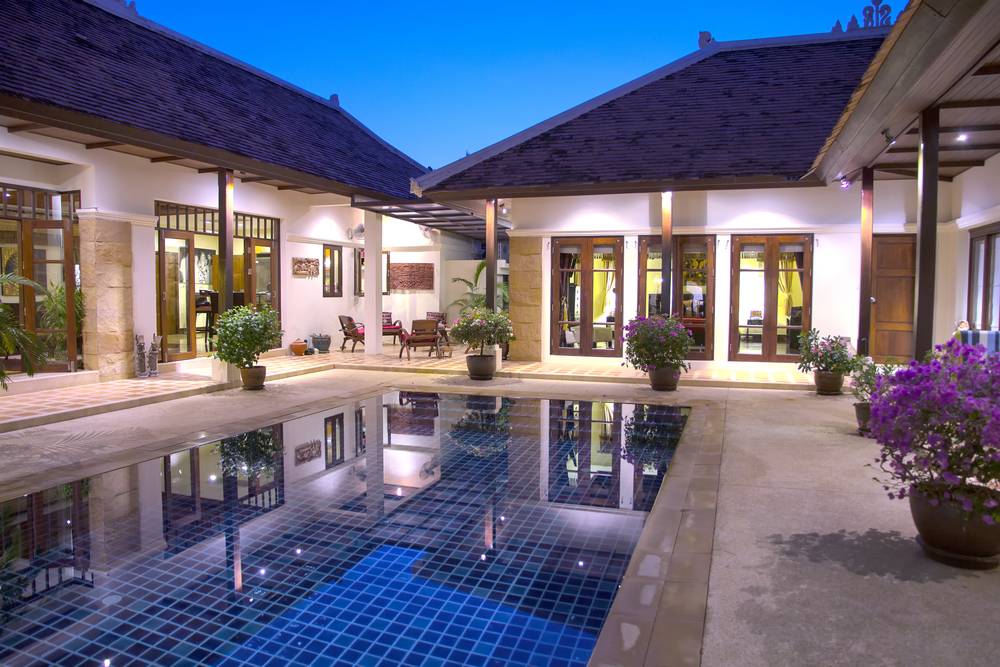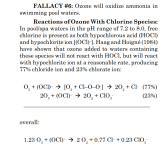Hello Everyone!
I am looking to upgrade my pool from traditional chlorine to using and SWG. I wanted more opinions on how much of a difference running and Ozone generator(producing 215mg an hour) will make. I have a 22000 gallon outdoor pool that is covered overnight and the VSP runs 24/7. The SWG we are seriously considering is the Aquarite 940 along with the DEL Ozone 25. If I could also get some info on how pool maintenance and chemistry would differ if running an ozone generator along side the SWG.
Current equipment specs:
Pumps:
Hayward super pump VS (Pool) THP: 0.85
Hayward Superpump (Spa) THP: 2
Filter: Hayward Sand filter(23inch)
Heater: Hayward's natural gas 250000 BTU
Note: Spa and pool pump are on the same plumbing line and in order to use spa we have to switch valves to only spa.
I am looking to upgrade my pool from traditional chlorine to using and SWG. I wanted more opinions on how much of a difference running and Ozone generator(producing 215mg an hour) will make. I have a 22000 gallon outdoor pool that is covered overnight and the VSP runs 24/7. The SWG we are seriously considering is the Aquarite 940 along with the DEL Ozone 25. If I could also get some info on how pool maintenance and chemistry would differ if running an ozone generator along side the SWG.
Current equipment specs:
Pumps:
Hayward super pump VS (Pool) THP: 0.85
Hayward Superpump (Spa) THP: 2
Filter: Hayward Sand filter(23inch)
Heater: Hayward's natural gas 250000 BTU
Note: Spa and pool pump are on the same plumbing line and in order to use spa we have to switch valves to only spa.









